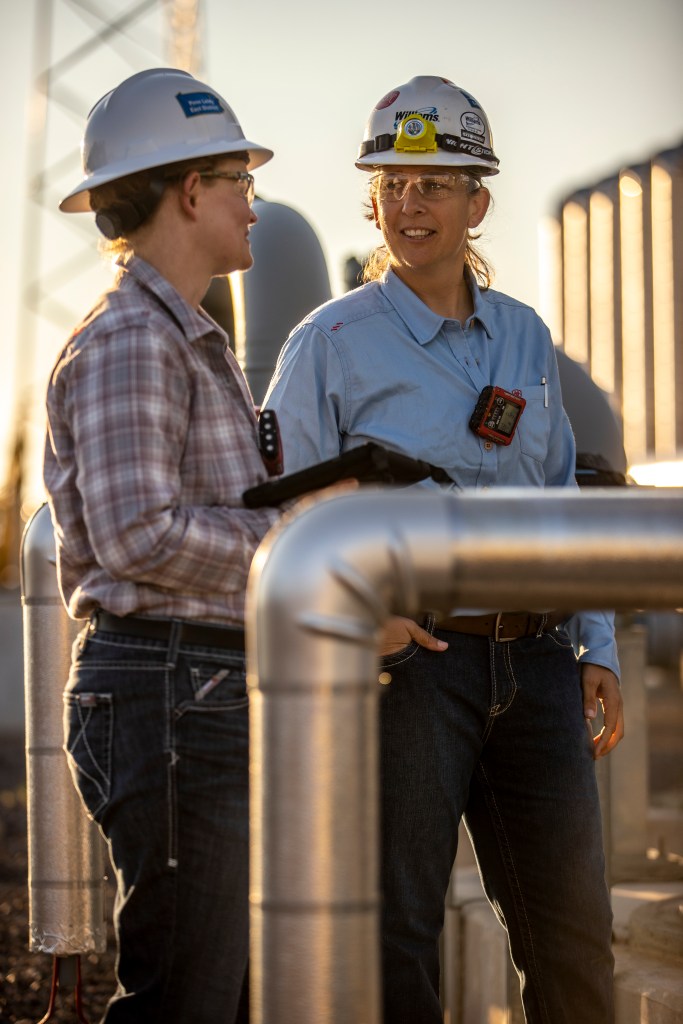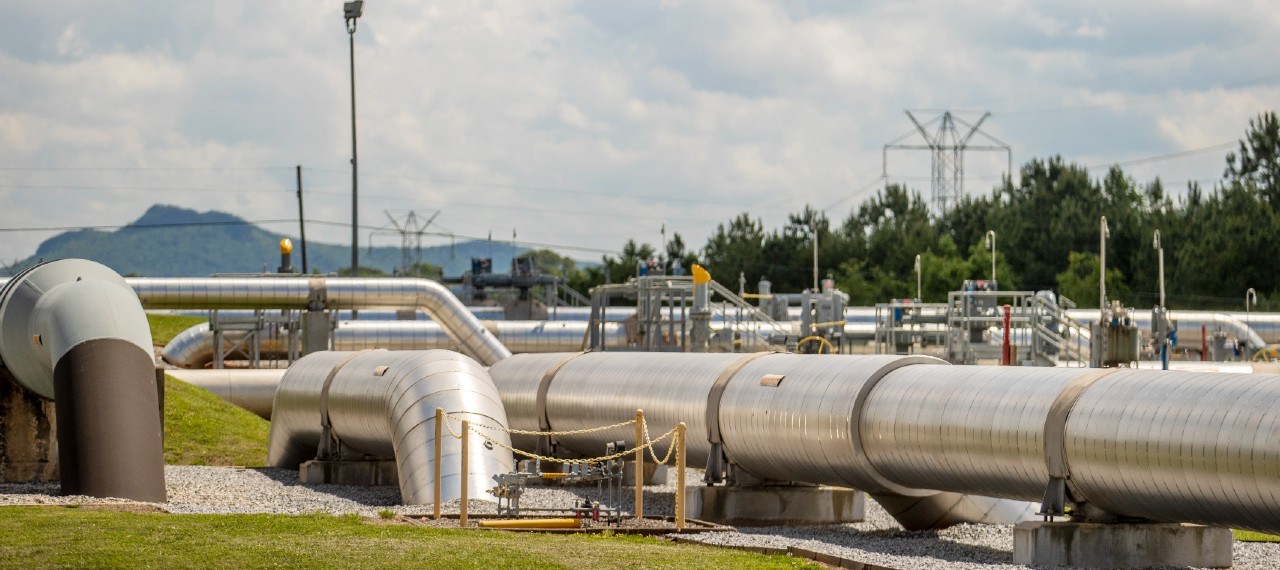Our suppliers and contractors are essential to execute on our commitment to safely and reliably deliver natural gas products that help fuel the clean energy economy. Williams utilizes a tiered supplier relationship management process to segment suppliers into categories, enabling our enterprise to direct our spend through a supplier base defined by categorical strategy. Critical to this category strategy is identification of our Tier 1 suppliers, which are determined based upon the highest spend, strategic value and potential risks. On average, Tier 1 suppliers represent the top 80% of total annual spend.

2021 Supplier Spending
Number of Suppliers
Total Spending
PROTECTING HUMAN RIGHTS
Williams is committed to maintaining a business culture that respects internationally recognized human rights and prevents human rights infringements throughout our business actions. Our human rights commitment extends to our supply chain, whereby we expect our suppliers to honor our Core Values related to freely chosen employment, working hours, respect in the workplace, wages and benefits, and health and safety. We see supplier relationships as an opportunity to share best practices and promote continual learning and improvement with respect to human rights.
Our Human Rights Policy and Statement outlines our commitment to respect human rights and avoid complicity in human rights abuses. The statement includes our expectations related to workplace discrimination, D&I, workplace conditions and freedom of association. Our commitment applies to everyone involved in Williams’ operations, including employees, officers, contractors, leased workers, suppliers, vendors and customers. In situations where Williams does not control operations, we collect relevant data and report all noncompliance issues to our compliance department, to confirm that involved parties follow human rights best practices.
Responsible Procurement
Williams is committed to procuring goods and services from qualified suppliers that meet our safety, compliance and credit requirements. We prioritize working with suppliers committed to advancing our sustainability goals through the inclusion of ESG-based criteria in our supplier evaluation and qualification process. We continue to identify opportunities to standardize and embed ESG criteria into our procurement process.
Our Williams Procurement Policy establishes requirements for purchasing goods and services from suppliers. In 2021, we updated our policy to include language about our improved purchasing processes and sourcing strategies, allowing for better oversight on spending with environmentally and socially conscious suppliers. Our goal is to ensure that the services and goods acquired from suppliers are the result of transparent, objective, timely and cost-effective decision-making and risk management.
We continue to work with local suppliers to promote economic development in our areas of operation. Our ability to hire locally depends on the availability of appropriately qualified individuals.
As an example of our efforts to promote diversity in our supply chain, Williams worked with Wayne Enterprises, a women-owned and operated business, to procure fire retardant (FR) clothing. Williams included the FR clothing and overalls in our company’s online store, through which employees could purchase the items. With our commitment to responsible procurement, Williams’ employees purchased $63,500 of FR clothing and overalls from this business.
Fire retardant clothing is required personal protective equipment for our industry. Initially, I thought finding available and comfortable fire retardant clothing was a women’s issue, but came to find out this is an issue for all of our employees. Wayne Enterprises has been able to provide us an online store option with available inventory that can better meet our needs for this critical safety issue.
BRIANA SCHULZE, DIRECTOR OF OPERATIONS AT WILLIAMS
